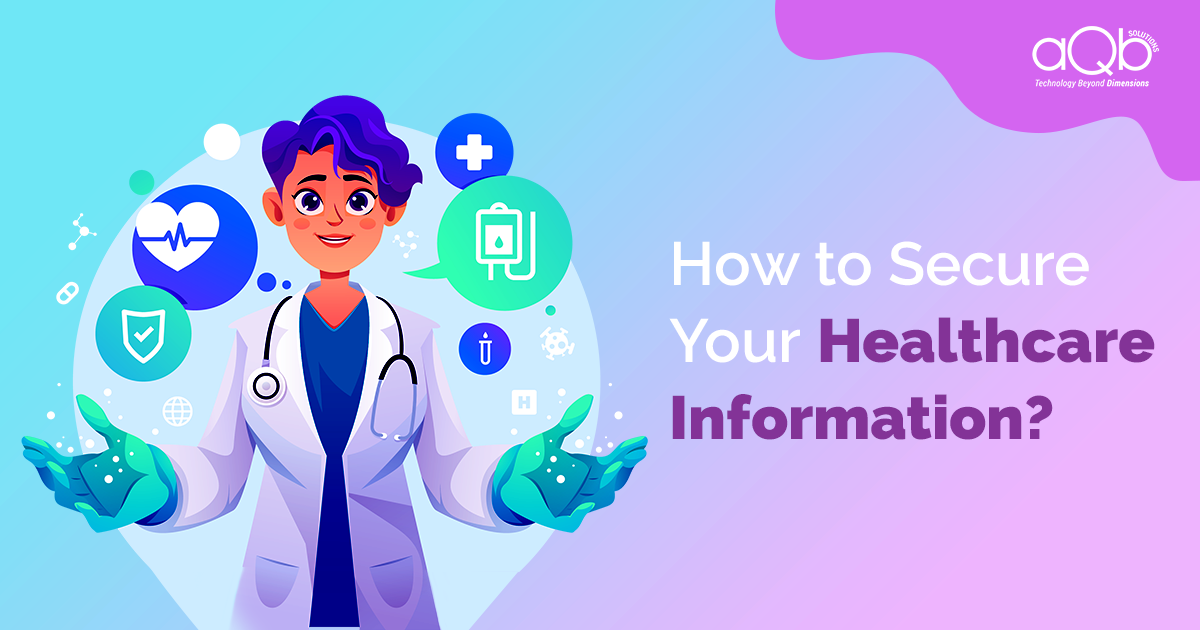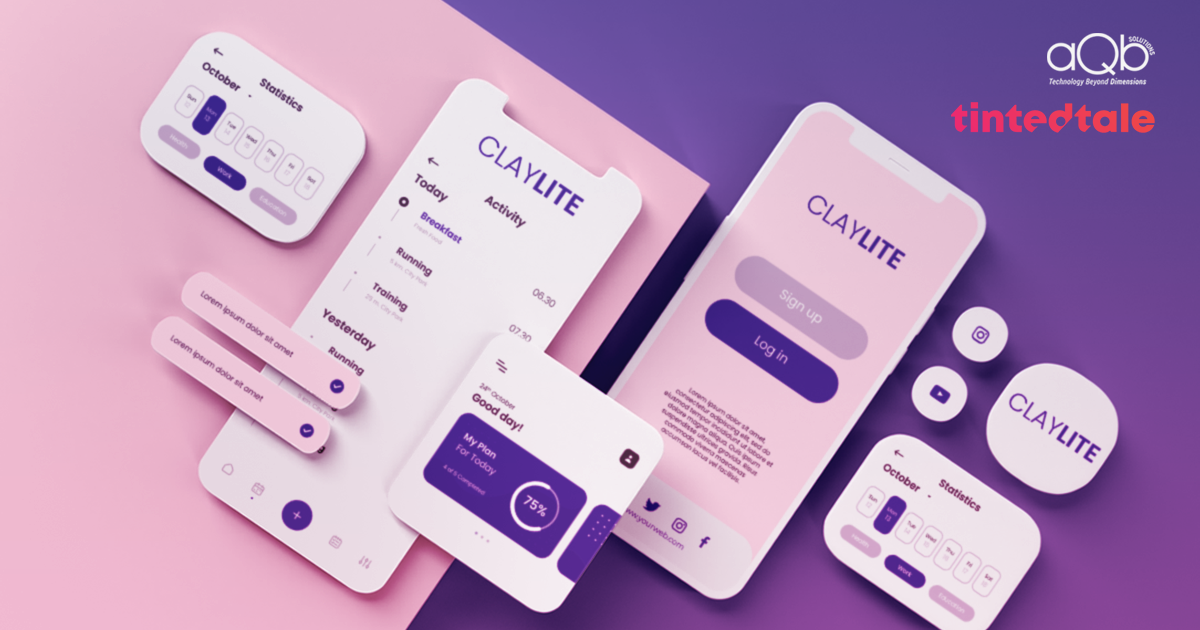Technology is outpacing humans. Once in a while, we hear news like data breaches from stock market to tech company. Data privacy and security are vulnerable to threat in nearly all industries. Healthcare organization isn’t shealed from this either. The valuation of the healthcare industry is worth millions, and hackers all over the world are reaching out for that.
There are three federal laws that protect health information.
Health Insurance Portability & Accountability Act (HIPAA): HIPAA is the primary healthcare law in the U.S. It was enacted in 1996 & later was amended in 1999. For the collection, use, exchange, and protection of patient information, HIPPA rules became a standard.
Health Information Technology for Economic and Clinical Health (HITECH): HITECH Act is the extended law of HIPAA’s data protection requirements. The HITECH Act was created to implement EHI which stands for electronic health records. The act broadened the data protection requirements in HIPAA and to minimize the risk breaches.
The Genetic Information Nondiscrimination Act (GINA): Gina is a federal law that protects individuals from genetic discrimination. Genetic information gives details of the health conditions that run in an individual’s family and the risk of developing those conditions. With GINA’s protection, an individual may communicate safely with healthcare provider & store data without the risk of data breaches.The successful implementation of a health IT system is to create safe records of patient’s health information and more satisfying work experience for and staff. AI in healthcare is becoming a protective shield. The implementation process is to follow HIPAA & HITECH rules together.
How a security disaster can occur?
1. Unsecured messaging: Text messages may be a quick method of communication for doctors and healthcare professionals; however is one of the easiest way health information can be hacked. Doctors may sometimes not wait for the lab report & prefer the information via text. These means of communication are less secured & not encrypted.
Solutions: HIPAA compliant must be followed. No unencrypted text messages containing patient health information are to be sent. An encrypted text service must be used to ensure full compliance with HIPAA regulations.
2. Unencrypted email: Similar to the unsecured messaging, sometimes healthcare providers may ask for patient health information to their personal email id. A hacker waits patiently for these kinds of mistakes. As a result information can be obtained.
Solutions: Email that is sent beyond an internal firewall must be encrypted. Encryption of 6 months or more is required since the last time the information was used.
3. Negeligence: Hackers always find new ways to get what they want. Most companies don’t share how they manage security measures. Some ignore to keep the system updated. That’s where hackers come in & get what they want.
Solutions: Stay one step ahead of the hackers. Stay updated with the newest software, antivirus, etc. A strong password should be implemented. Employees need to be trained. Fraudulent email are everywhere these days. Employee should be instructed to not open any email links. Personal mobile devices should not be connected to computers.
4. Third-party mistakes: Sometimes external sources can cause a tragedy. The irresponsibility of third party vendors gets access to personal data. A vendor may leave the servers open to the public during a software update. Result: A breach of patient data.
Solution: Proper training of the vendor is a must. Every vendor must protect personal health records. A non-disclosure form must be signed by them.
The Bottom Line: A patient may not realize the threat of data being stolen. They trust their service providers. Healthcare providers are supposed to work on their personal information so that the trust isn’t breached. aQb Solutions (ISO 27001:2013) provides strong security solutions to mobile apps. Mistakes can happen at any moment. Patients and healthcare providers can stay assured with aQb, and it’s fully compliant with HIPAA act.




